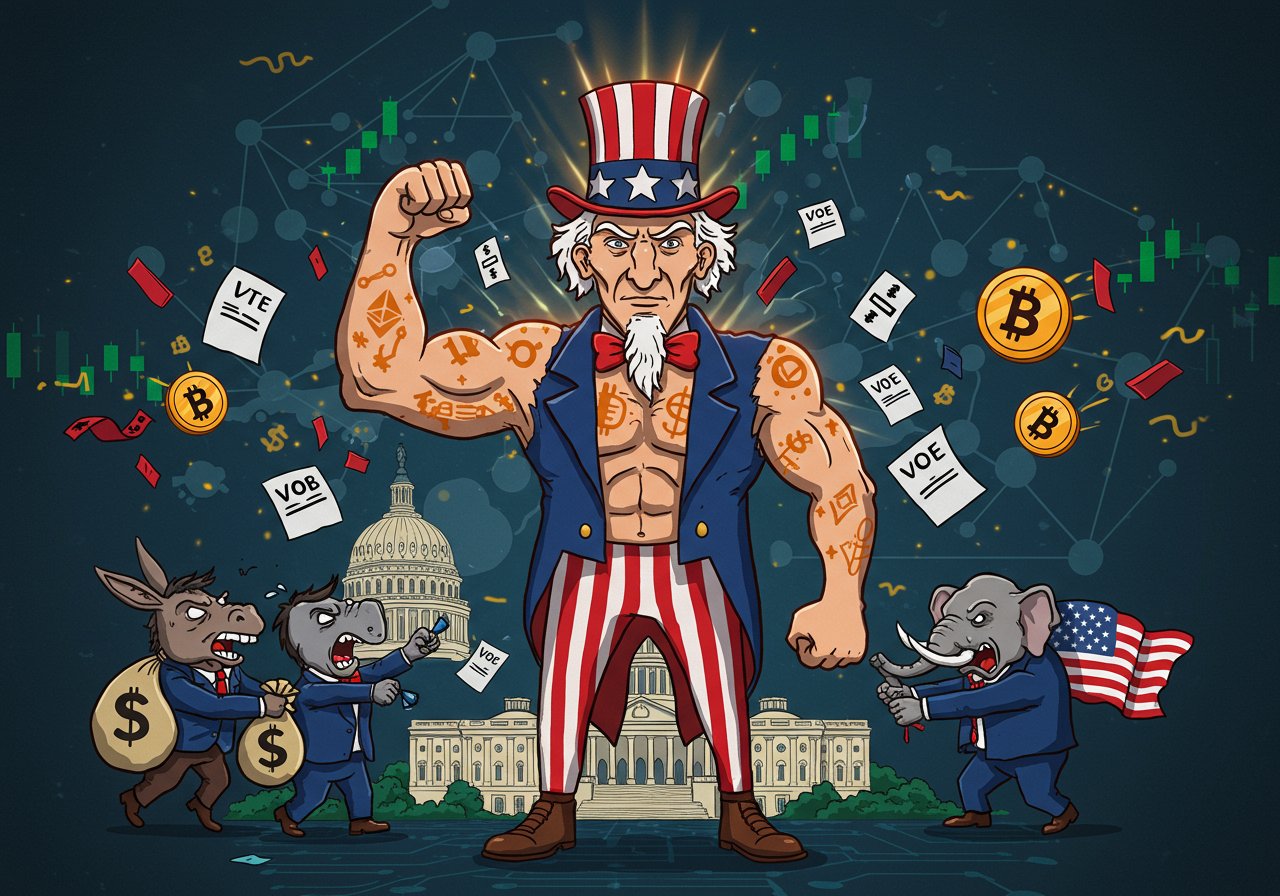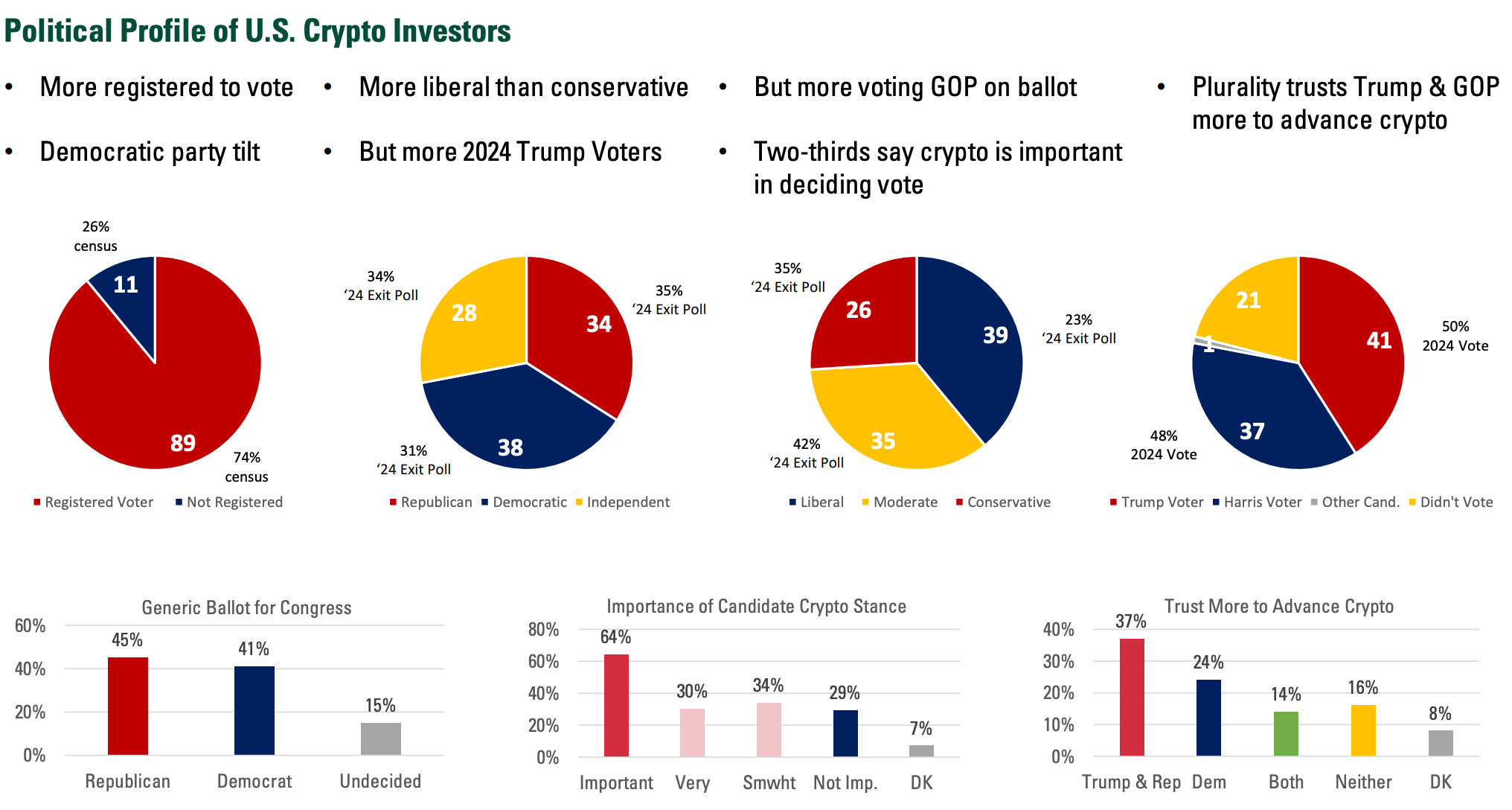
Crypto‘s Growing Political Influence
The political landscape is shifting, and cryptocurrency is playing an increasingly significant role. A recent poll, commissioned by the Digital Chamber, indicates that a candidate’s position on digital assets could be a decisive factor for voters in the upcoming 2026 US midterm elections. This survey, conducted by McLaughlin and Associates, reveals a trend that could reshape the political calculus for both Democrats and Republicans.

Voters Prioritizing Crypto Stances
The survey’s findings are striking. A considerable 64% of the 800 respondents surveyed identified the candidates’ views on cryptocurrency as “very important” when deciding who to vote for. This signals a potential sea change in voter priorities, where issues related to blockchain technology and digital assets are now on par with traditional political talking points. The implication is clear: candidates who ignore or actively oppose crypto risk alienating a growing segment of the electorate. The Digital Chamber highlighted the potential for crucial policy decisions to influence these voters.
Shifting Political Allegiances?
Interestingly, the poll also reveals potential shifts in political allegiances. While Democrats comprised 38% of the respondents, slightly more (37%) expressed a preference for Republican candidates on crypto-related issues. This suggests an opportunity for Republicans to capitalize on the growing crypto community by advocating for policies favorable to the industry, such as market structure legislation or even measures related to a federal Bitcoin reserve. The Digital Chamber suggests acting soon as Congress prepares for campaign season.
The Crypto Lobby’s Impact
The influence of crypto advocacy groups and Political Action Committees (PACs) is also apparent. During the 2024 elections, several PACs, including those affiliated with the Fairshake initiative, poured significant resources into supporting or opposing candidates based on their crypto stances. This resulted in a Congress where a considerable number of lawmakers hold favorable views on digital assets. The current political climate indicates that the impact of cryptocurrency on elections might only increase.
Looking Ahead to 2026
The 2026 midterms are particularly significant, with every seat in the House of Representatives and many in the Senate up for grabs. The amount of funding allocated by crypto entities to influence the election remains to be seen. With major players like Coinbase already contributing to PACs, the political impact of crypto is likely to be considerable. Depending on the electoral results, the political makeup of the House and Senate could change, potentially impacting the future of digital asset regulation in the United States. This data is crucial for understanding the evolution of crypto‘s place in the political spectrum and how the industry’s future could be shaped.


